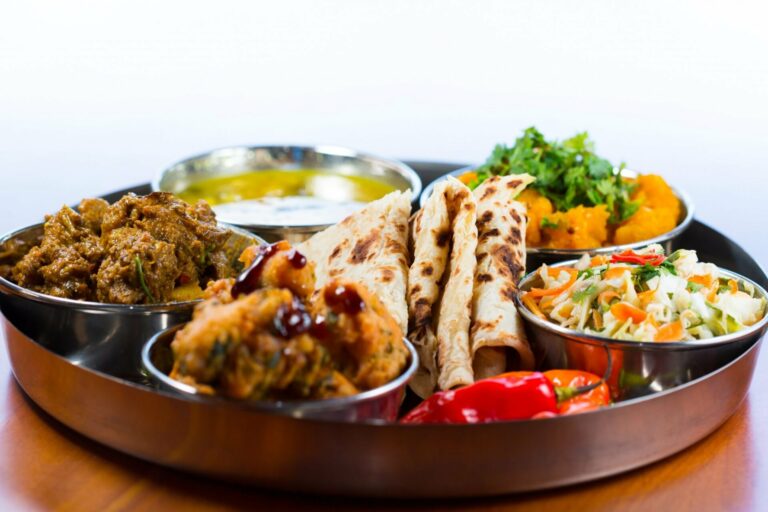Introduction: The Significance of Lovo in Fijian Cuisine
Lovo is a traditional Fijian dish that has been a part of the country’s culture for generations. It’s a unique form of cooking that involves using an underground oven, known as a lovo pit, to prepare food. The dish is significant and highly regarded in Fijian cuisine because of its traditional roots, unique preparation method, and cultural importance. It’s served on special occasions, such as weddings, funerals, and festivals, and is an essential part of Fijian cuisine.
Understanding Lovo: What is It Exactly?
Lovo is a dish that involves cooking food in an underground oven, which is known as a lovo pit. The dish’s name comes from the Fijian word “lovo,” which means “to cook in the earth.” The lovo pit is heated by burning wood and placing stones on top of the fire, which gets heated up. The stones are then covered with banana leaves, and the food is placed on top of them. The lovo pit is then covered with more banana leaves and soil to retain the heat, and the food is cooked for several hours until it’s ready.
The History of Lovo: A Traditional Cooking Method
Lovo has been a part of Fijian culture for generations, and its history dates back to the country’s early years. The dish was initially prepared to feed large groups of people during special occasions, such as weddings and festivals. The lovo pit was a convenient way to cook and feed a lot of people at once, and it was also a way to preserve food for longer periods. The tradition of cooking food in lovo pits has been passed down from generation to generation, and it’s still a prevalent cooking method in Fiji today.
Ingredients used in Lovo: What Makes it So Unique?
One of the things that make lovo unique is the ingredients used to prepare it. The dish typically consists of chicken, pork, lamb, fish, taro, cassava, and other root vegetables. The ingredients are marinated in a mixture of coconut milk, lemon juice, and salt before being placed on top of the heated stones in the lovo pit. The banana leaves used to cover the food while it cooks give it a distinct earthy flavor that’s unique to lovo.
Preparing Lovo: The Process and Techniques Involved
Preparing lovo is an elaborate process that involves several steps and techniques. The first step is to dig a pit into the ground and line it with stones. The stones are then heated up by burning wood, and the food is prepared by marinating it in a mixture of coconut milk, lemon juice, and salt. The food is then placed on top of the heated stones, covered with banana leaves, and cooked for several hours until it’s ready. The lovo pit is then uncovered, and the food is taken out and served.
Lovo in Celebration: How it’s Used in Fijian Festivals
Lovo is an essential part of Fijian festivals and celebrations. It’s typically served during weddings, funerals, and other special occasions. The dish’s unique preparation method and earthy flavor make it a favorite among Fijians, and it’s often served alongside other traditional Fijian dishes. Lovo is also a way to bring people together, and it’s a symbol of community and togetherness.
The Cultural Importance of Lovo: Its Role in Fijian Society
Lovo is a significant part of Fijian culture and society. It’s a symbol of tradition, community, and togetherness. The dish’s preparation method has been passed down from generation to generation, and it’s an essential part of Fijian identity. Lovo is also a way to preserve and celebrate Fijian cuisine, and it’s a source of pride and joy for the people of Fiji.
Conclusion: Why Lovo is a Must-Try Dish in Fiji
Lovo is a must-try dish for anyone visiting Fiji. The dish’s unique preparation method, earthy flavor, and cultural importance make it a symbol of Fijian culture and society. Lovo is a way to bring people together, celebrate special occasions, and preserve Fijian cuisine. It’s a dish that’s deeply rooted in tradition and is a source of pride and joy for the people of Fiji. Anyone who wants to experience the true taste of Fiji and explore its rich culture and history should try lovo.

